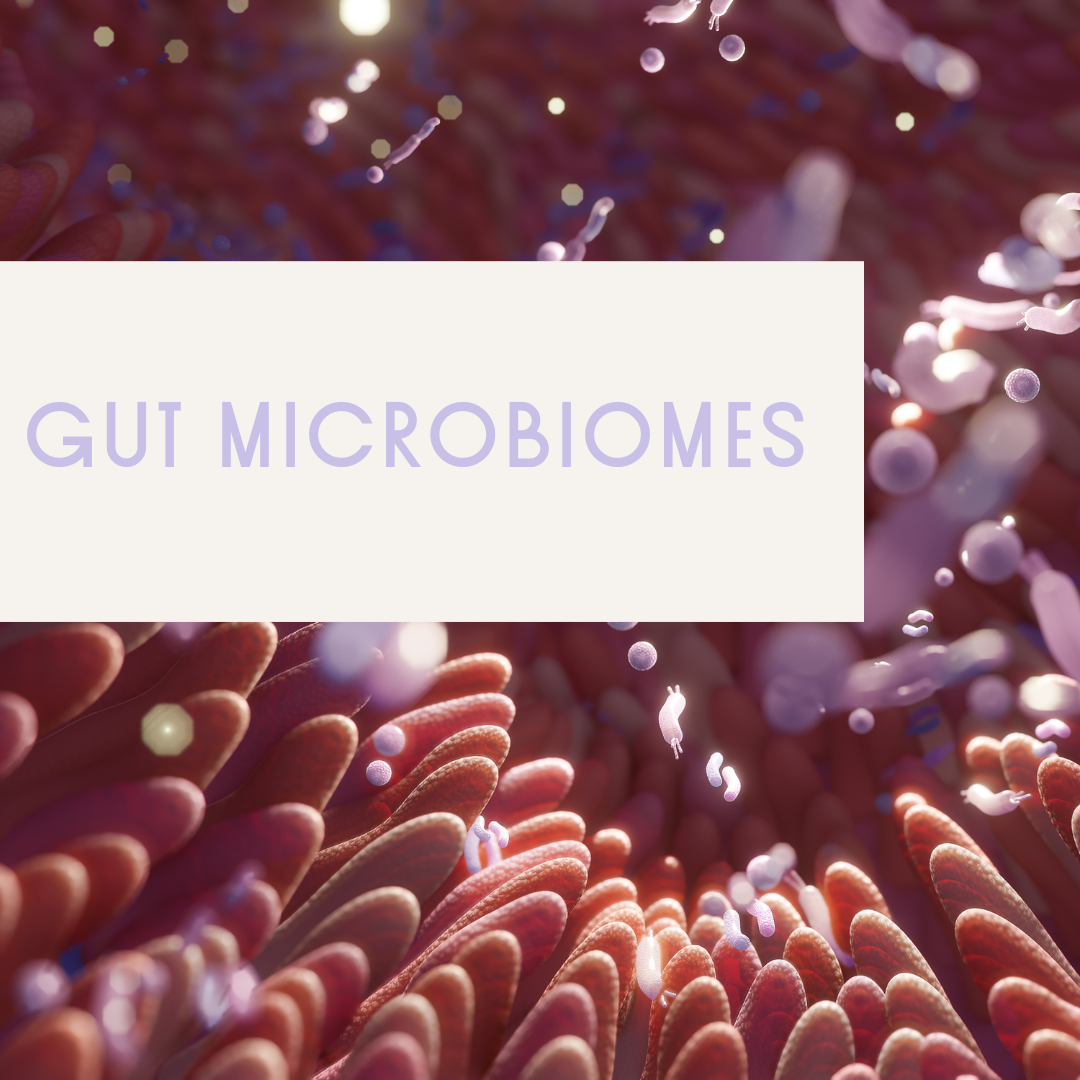Preventing High Blood Pressure & Preeclampsia in Pregnancy
December 19, 2024
Posted by: Kiana Asherah
10 Things to Prevent High Blood Pressure & Preeclampsia in Pregnancy

There are two categories of hypertension (high blood pressure) common during pregnancy.
- Chronic Hypertension- indicated by consistent blood pressure readings of 130/90 or higher
- Gestational Hypertension- marked by a steady rise of the blood pressure after the 28th week of gestation
10 Simple Things to Prevent High Blood Pressure & Preeclampsia in Pregnancy
- Drink organic nettle tea and red raspberry leaf tea (after 37 weeks)
- Eat an entire cucumber daily
- Drink raw beet juice, eat beets, and/or take beet powder or gummies
- Walk daily
- Eat food high in potassium (potato peels, bananas, lentils)
- Eat dark leafy greens (raw or lightly steamed)
- Eat broccoli sprouts
- Eat calcium rich food such as okra, kale, cabbage, broccoli, brussels sprouts
- Eat steamed spinach with freshly squeezed lemon
- Do prenatal yoga
Hypertension during pregnancy is dangerous to the fetus. Blood flow to the placenta is reduced and necessary oxygen is less available. If high blood pressure is suspected, contact your careprovider.
**Disclaimer: Each pregnancy and mom is unique. These are general recommendations. I am not a medical doctor, licensed primary healthcare provider, nor a midwife. I am NOT providing medical advice. Please consult with your midwife or doctor.










